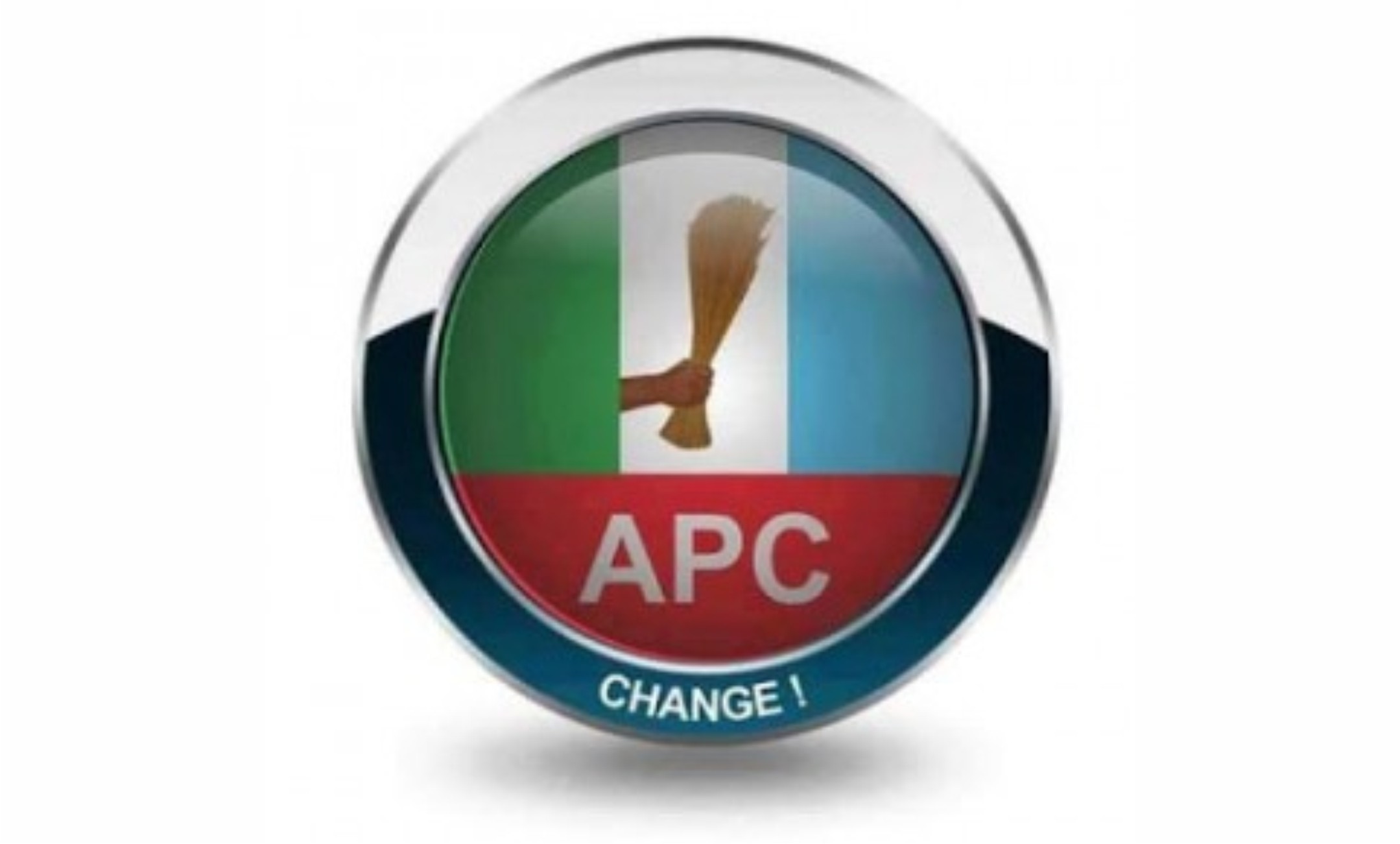Oil & Energy
Strategising For Rivers Electricity Grid
It is inexplicable that despite the
abundant sources and resources of energy at Nigeria’s disposal, it is still
difficult for the citizens to enjoy efficient power supply. About seven years,
after the Power Sector Reform Act 2005, we are yet to move to the point of
counting our benefits.
What baffles one most is that despite all
the efforts made by the Federal Government in this regard and the huge amount
sunk into the power sector to revamp it, there is no remarkable improvement. A
total of $16 billion has been poured for 10 years, yet the whole business is
stinking, not much has changed, sounding like a hoax every passing day.
It is the exclusive responsibility of the
federal government to give the people the opportunity to enjoy affordable and
accessible stable electricity. What the nation needs at this time are scores of
compact micro-schemes to deliver power off grid to take the hook off the inept
Power Holding Company of Nigeria (PHCN).
So, as the PHCN is warming up for
privatization before the end of this year, it is pertinent that state
governments and private investors take over the distribution and transmission
of electricity in Nigeria. There are gas, coal and water resources available
for exploit to the advantage of the power sector. Independent Power Projects
(IPP) will enable state governments deliver services that are so critical to
the welfare of the people.
It is high time we began to question the
reasoning behind retaining any monopoly in the value delivery chain which is a
negation of the liberal mantra of the present administration under President
Goodluck Jonathan. The Power Holding Company of Nigeria originally christened
Electricity Corporation of Nigeria (ECN) and later called the National
Electricity Power Authority (NEPA) has outlived its usefulness.
The corporation or organization is not
living up to its bidding both in distribution and transmission, so it is good
enough for privatisation. Current realities show that transmission suffers the auctioneers hammer.
There is a drastic and constant drop in the power supply ocean. Obviously, not
much has changed in the power scene, the chain remains as unreliable as ever.
The Rivers State Government during a press
conference in Port Harcourt recently called on the Federal Government to
dispose of its distribution aspect to the private sector operators so that they
can run them as business, bring in efficiency and make power available to our
people.
The Commissioner for Power, Hon. Augustine
Wokocha who addressed the conference said: “We are prepared, as a government to
invest into distribution despite the
fact that it is not part of our responsibility. People are tired of hearing
megawatts, megawatts, they want to see just one watt. The issue of power
distribution is the exclusive property of the Federal Government via the PHCN”.
According to him, the government’s
objective is to provide regular power for the people. “Our driving force is not
to make profit but for our people to make profit for themselves and the
improvement of the economy of the state to be independent and self-sustaining”.
The government, as he puts it, is acting as a catalyst to the industrial and
economic development of the state, noting, however, that it will partner with a
private sector outfit that will buy the generation aspect, of which discussion
is on-going.
The commissioner disclosed that the state
government is strategising itself towards creating own grid in the state such
that “all our generation will be on that grid and the power supply not from
one, generation point. However, he added
we are conscious of the fact that at the beginning, the demand will jump up, so
we are determined to establish a reasonable capacity and to ensure that other
Nigerians can enjoy what we are doing”.
He explained that for now, the Rivers State
Government has a sharing arrangement with the PHCN to the ratio of 70:30,
pointing out that the governor in 2008 had said that about N22 billion arose
from that agreement for which PHCN has not paid anything and it is running into
N100 billion by now. “The amount is based on what we have generated from the
70:30 formula and given to PHCN”. The government has 70 while PHCN takes 30.
On the way forward, Wokocha explained that
the state is not going to depend on the sharing any more as a modality for
power purchase agreement is being worked out whereby PHCN will buy what the
government is generating and pay for it.
Many states including Rivers State are
anxiously waiting for the whistle to blast for them to invest their resources
in power generation. But it is worthy of note that the situation where states
would invest their hard-earned money in power generation only to have the
output wheeled into the national grid by an arrogant Federal Government is not
encouraging.
Federal Government should allow states move
into the venture of power distribution and transmission if we are to have a
durable framework for captive power generation. From its four gas turbines, the
Rivers State government under the IPP has 180 megawatts of electricity and
hopes to increase if given the free hand.
Today, the Lagos State Government has
delivered the Akute Power Project – a 12 MW Plant dedicated to the state water
corporation with another IPP to deliver 15 MW in two phases to serve the
Central Lagos Business District on course, and many more which are off-grid
underway.
There are reports that limited gas supply
is one of the major challenges facing the eight gas turbines in the country –
NIPP Power Plant, Egbin Power Plant, Olorunsogo Plant, Alaoji Power Plant,
Ihovbor Power Plant, Calabar Power Plant, Gbarain Power Plant and Omotosho Power Plant. The 304
MGW installed capacity eight gas turbines power plants in the country built and
inaugurated about five years ago have practically packed up and six of them
broken down.
The issue of gas needs in this country is
one that the Federal Government has not given adequate thought. Until this matter is sorted out and
bound to impact the power sector, the problem of power shortage and outage
would continue to rear its ugly head. The issue of gas supply slow down the
operations of most of the turbines in the country.
In 2010, government’s efforts at improving
power supply got a boost with the commencement of gas supply to the PHCN
facilities. Pan Ocean Oil Corporation (POOC), operator of the NNPC Pan Ocean
Joint Venture commenced supply of gas to the Nigerian Gas Company (NGC) to be
conveyed eventually to PHCN power generating plants. It supplied 50 million
standard cubic feet per day (mmscf/d) of gas to the NGC from its Ovade-Osharefe
gas processing plant.
The flares out directive of the Federal
Government must be adhered to by oil and gas companies. With the gas processing
plants and pipelines which transverse the country, one would think that the
challenge of gas supply is no issue. Oando has so far expended more than N18
billion to develop a 128KM cross-country gas pipeline traversing Akwa Ibom and
Cross River States and has an installed capacity of 100 mmscfd of gas.
The move by the Federal Government
currently to facilitate the supply of gas to companies should be intensified
and implemented to the letter. A team is on a weeklong tour of gas
installations for this purpose. This will go a long way to actualise the hope
that 75 per cent of electricity can come out from natural gas. Nigeria has past
the stage of Kainji and shortage of gas to generate electricity. We have more
than enough gas resources for power generation, so the Federal Government must
be alive to its responsibility by ensuring that sufficient gas is supplied to
power our turbines at all levels.
If the Federal Government means that its
plans for improved power supply must
come to fruition, it must afford to compromise handing over the power busiess
to investors and be serious about the Power Agenda. It should ensure that
whoever gets the power generation, transmission and distribution assets must be
an investor who has the will-power to improve on it and not the type that would further resell to
another investor thereafter, thereby compounding the power problem being
suffered by the citizens. The new tariff billed to commence from June 1 should
be put on hold until the power supply improves.
Federal Government investment in power has
not been able to translate into stable power because of lack of accountability
but if the government had done the right thing to design a mechanism to restore
confidence in the power sector, a good result would have been recorded before
now. Statistics show that the power generation target set for 2011 was 5,000
Megawatts, achievement was 4420MW while target for 2012 was 6,000MW but has
crashed to 3200MW resulting in the sacking of some top officials of the PHCN
recently. The uncooperative attitude of some staff of PHCN reveals that there
are major threats to the actualisation of the new power reforms.
To ensure sufficient gas supply for our
power, not just international oil companies should participate in the gas
project of this country but also indigenous firms should be given priority
attention or consideration. Gas to power distribution is a boost the country
badly needs and there must be a corrupt-free national strategy for managing the
gas revenues because the worry about monies generated from the oil ad gas
sector in this country is the ‘course’ of embezzlement and misappropriation. We
must try to avoid the mistakes of the past. Nigeria is a democracy everybody is
watching, so it is expected that there is going to be improvement in the power
sector with the Power Road Map of the present administration. President
Jonathan should exert the political will to actualize the programme.
Our power sector needs a lot of gas, so
there should be concerted efforts to develop our gas resources as never done by
past administrations. Nigeria has large gas resources and so should subsidise
the product for easy reach and domestic consumption. Nigeria is adjudged the
world’s seventh largest producer of high grade gas with zero per cent surplus
and rich in natural gas liquids. It is a universal knowledge that no country
attains the status of industrialization without the impacting influence of
power supply.
Shedie Okpara
Oil & Energy
FG Explains Sulphur Content Review In Diesel Production
The Federal Government has offered explanation with regard to recent changes to fuel sulphur content standards for diesel.
The Government said the change was part of a regional harmonisation effort, not a relaxation of regulations for local refineries.
The Chief Executive, Nigerian Midstream and Downstream Petroleum Regulatory Authority (NMDPRA), Farouk Ahmed, told newsmen that the move was only adhering to a 2020 decision by the Economic Community of West African States (ECOWAS) which mandated a gradual shift to cleaner fuels across the region.
Ahmed said the new limits comply with the decision by ECOWAS that mandated stricter fuel specifications, with enforcement starting in January 2021 for non-ECOWAS imports and January 2025 for ECOWAS refineries.
“We are merely implementing the ECOWAS decision adopted in 2020. So, a local refinery with a 650 ppm sulphur in its product is permissible and safe under the ECOWAS rule until January next year where a uniform standard would apply to both the locally refined and imported products outside West Africa”, Ahmed said.
He said importers were notified of the progressive reduction in allowable sulphur content, reaching 200 ppm this month from 300 ppm in February, well before the giant Dangote refinery began supplying diesel.
Recall that an S&P Global report, last week, noted a significant shift in the West African fuel market after Nigeria altered its maximum diesel sulphur content from 200 parts per million (ppm) to around 650 ppm, sparking concerns it might be lowering its standards to accommodate domestically produced diesel which exceeds the 200 ppm cap.
High sulphur content in fuels can damage engines and contribute to air pollution. Nevertheless, the ECOWAS rule currently allows locally produced fuel to have a higher sulphur content until January 2025.
At that point, a uniform standard of below 5 ppm will apply to both domestic refining and imports from outside West Africa.
Importers were previously permitted to bring in diesel with a sulphur content between 1,500 ppm and 3,000 ppm.
It would be noted that the shift to cleaner fuels aligns with global environmental efforts and ensures a level playing field for regional refiners.
Oil & Energy
PHED Implements April 2024 Supplementary Order To MYTO
The Port Harcourt Electricity Distribution (PHED) plc says it has commenced implementation of the April 2024 Supplementary Order to the MYTO in its franchise area while assuring customers of improved service delivery.
The Supplementary order, which took effect on April 3, 2024, emphasizes provisions of the MYTO applicable to customers on the Band A segment taking into consideration other favorable obligations by the service provider to Band A customers.
The Head, Corporate Communications of the company, Olubukola Ilvebare, revealed that under the new tariff regime, customers on Band A Feeders who typically receive a minimum supply of power for 20hours per day, would now be obliged to pay N225/kwh.
“According to the Order, this new tariff is modeled to cushion the effects of recent shifts in key economic indices such as inflation rates, foreign exchange rates, gas prices, as well as enable improved delivery of other responsibilities across the value chain which impact operational efficiencies and ability to reliably supply power to esteemed customers.
“PHED assures Band A customers of full compliance with the objectives of the new tariff order”, he stated.
Ilvebare also said the management team was committed to delivering of optimal and quality services in this cost reflective dispensation.
The PHED further informed its esteemed customers on the other service Bands of B, C D & E, that their tariff remains unchanged, adding that the recently implemented supplementary order was only APPLICABLE to customers on Band A Feeders.
Oil & Energy
PH Refinery: NNPCL Signs Agreement For 100,000bpd-Capacity Facility Construction

The Nigerian National Petroleum Company Ltd (NNPCL) has announced the signing of an agreement with African Refinery for a share subscription agreement with Port-Harcourt Refinery.
The agreement would see the co-location of a 100,000bpd refinery within the Port-Harcourt Refinery complex.
This was disclosed in a press statement on the company’s official X handle detailing the nitty-gritty of the deal.
According to the NNPCL, the new refinery, when operational, would produce PMS, AGO, ATK, LPG for both the local and international markets.
It stated, “NNPC Limited’s moves to boost local refining capacity witnessed a boost today with the signing of share subscription agreement between NNPC Limited and African Refinery Port Harcourt Limited for the co-location of a 100,000bpd capacity refinery within the PHRC complex.
“The signing of the agreement is a significant step towards setting in motion the process of building a new refinery which, when fully operational, will supply PMS, AGO, ATK, LPG, and other petroleum products to the local and international markets and provide employment opportunities for Nigerians.
By: Lady Godknows Ogbulu
-
News3 days ago
German Police Arrest 11 Nigerians For Dating Scam
-
Opinion3 days ago
Let The Poor Breathe
-

 Nation9 hours ago
Nation9 hours agoSDP National Chairman Lauds FG’s Efforts To Tackle Insecurity
-

 Breaking News6 hours ago
Breaking News6 hours agoTanker Inferno: We’re Saddened By Extent Of Carnage -Fubara
-

 Politics5 hours ago
Politics5 hours agoAPC Calls For Oyo LG Poll Cancellation
-

 News3 days ago
News3 days agoCourt Vacates Arrest Warrant Against Ehie, Five Others
-
Nation3 days ago
Monarch Hails Fubara Over Road Project
-

 Rivers9 hours ago
Rivers9 hours agoPolice Arrest Vigilante Commander, Others Over Robbery In Rivers

